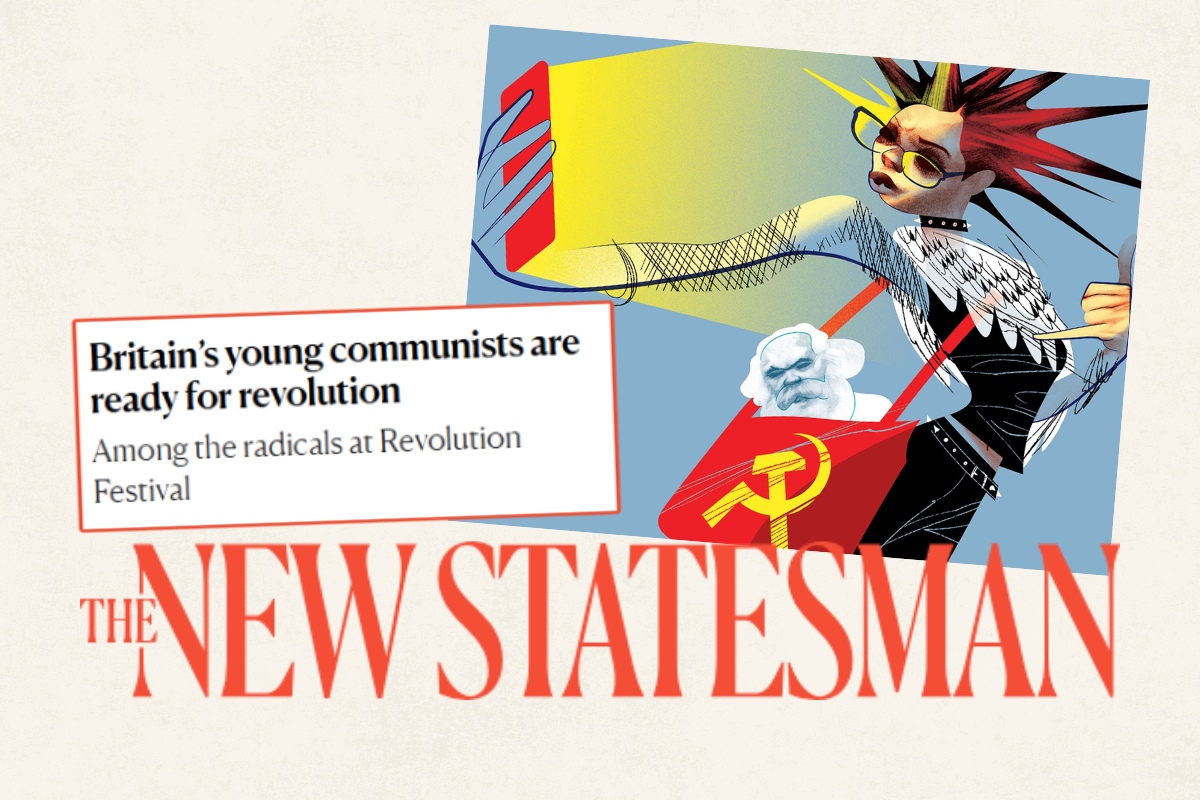The Guardian recently released an article entitled: “Friedrich Engels ‘took creative liberties’ with descriptions of class divides in Manchester”.
This title refers to a recent study conducted by a University of Cambridge researcher, who commented on Engels description of the working class slums in Manchester during the mid-19th century, in one of his early works The Conditions of the Working Class in England.
The researcher, Emily Chung, states: “I wouldn’t go far as to say Engels was wrong… I think what my research shows is that Engels exaggerated and took creative liberties.”
The main point of evidence is that in some areas that Engels wrote about, 10 percent of the population living in working-class slums like Ancoats were actually “middle-class”.
This same evidence is used with some extreme “creative liberty” by Manchester Evening News in their article: “The slums of Manchester where wealthy doctors and engineers lived”.
And then, like clockwork, the Daily Mail and The Times also parroted these trivial claims, in order to throw more doubt on the ideas of the “inventor of Communism”.
This claim is a complete nothingburger. Chung had published two articles in relation to this topic. Within both, a key point of contention is how Chung defines class.
The confusion arises from the fact that Chung does not use a scientific (i.e. a Marxist) definition of class, resting upon the objective relation that groups have to the means of production.
Instead of defining as workers everyone who must sell their labour-power for a wage in order to survive, her categorisation is split up into “skilled”, “partly skilled” and two types of “unskilled” labourers, among others.
Since some of these workers will have enjoyed slightly higher wages, they can be classified as “middle-class”.
The main conclusion that can be drawn from these studies is that: when you split a population into six separate subjective categories based on skill-level or income, the mapping of the working class becomes… varied somewhat. Who would have thought?
But more importantly, does any of this actually matter? Did either Marx or Engels ever deny that, due to the chaos and planlessness of urban development, poor workers can sometimes happen to live alongside better-paid workers and professionals?
Even today, a single glance at cities like Manchester or London shows that workers of all different income levels are forced to live in squalid, cramped accommodation – and be fleeced by parasitic landlords for the benefit. In other words, very little has changed since the time of Engels!
Such trivial nitpicking hardly seems worthy of the headlines.
So why do the Guardian and others feel the need to publish these articles in the first place? Why are they trying to undermine Engels’ credibility as a philosopher and theoretician, using niche academic studies? And why now?
The ideas of Marxism and communism are growing in relevance and popularity, as a whole generation of radicalised young people seek explanations for why capitalism isn’t working, and solutions for how to change the world.
It’s no wonder that the liberal mouthpieces of the ruling class feel the need to scrape together any dirt they can – no matter how irrelevant – to attempt to discredit Marxism.
But these outlets can nitpick all they want. People have never been more distrustful of the media anyway. Young people will simply think to themselves: “If everyone from the Guardian to the Daily Mail is attacking Engels, then he must be worth reading!”






